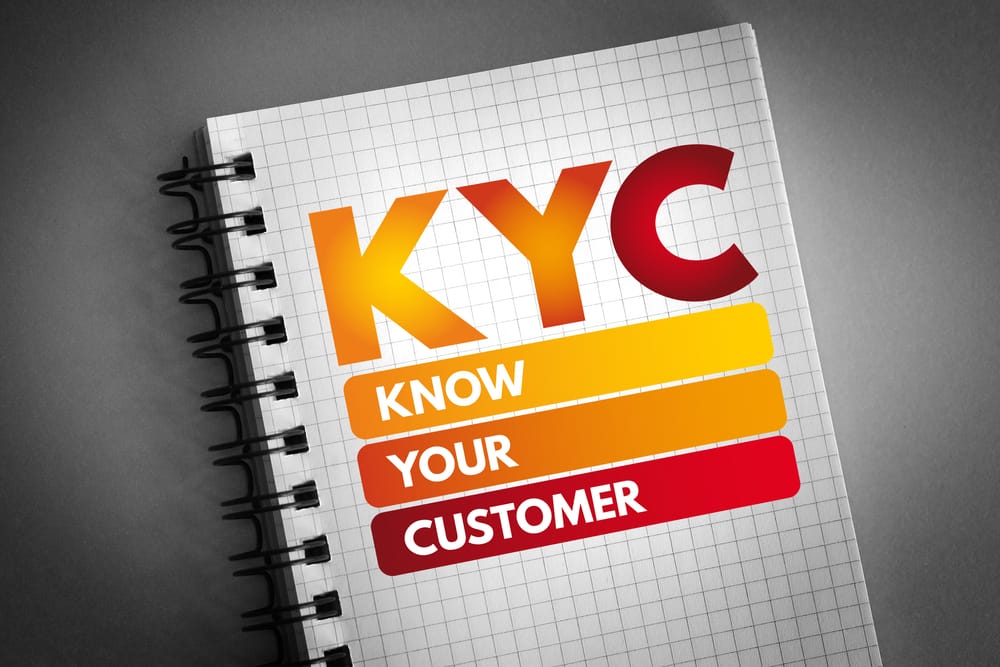Interviewer: Hi Matthew, thank you for joining us today. Could you start by introducing yourself and explaining your role at iComply?
Matthew Unger: Sure, I’m Matthew Unger, the CEO and founder of iComply. I started the company in 2017 to tackle the challenges in global compliance using my background in financial services and fintech. Our mission is to simplify and secure compliance processes for businesses worldwide.
Interviewer: What inspired you to create iComply?
Matthew Unger: I saw firsthand how cumbersome and costly compliance processes were for financial institutions. There was a clear need for a more efficient, automated solution that could adapt to the ever-changing regulatory landscape. I wanted to create a platform that not only addresses these issues but also enhances trust and security in every transaction.
Interviewer: What are some of the main challenges in global compliance today?
Matthew Unger: The main challenges include the constantly evolving regulations across different jurisdictions and the high cost of compliance. Companies often use multiple systems to manage compliance, leading to inefficiencies and increased risk of errors. Additionally, manual processes are still prevalent, which are both time-consuming and prone to mistakes. Keeping up with regulatory changes and ensuring consistent compliance across all operations is a significant burden for many businesses.
Interviewer: How does iComply address these challenges?
Matthew Unger: iComply provides a comprehensive, modular compliance platform that automates many manual processes involved in KYC, KYB, and AML compliance. Our technology is designed to be flexible and scalable, allowing businesses to quickly adapt to regulatory changes. We use edge computing and advanced technologies like AI and blockchain to offer real-time updates and continuous monitoring, reducing non-compliance risks and operational costs. This integration helps streamline processes, making compliance more efficient and less costly.
Interviewer: Can you share an example of how your technology has impacted a client?
Matthew Unger: Absolutely. One of our clients, a mid-sized financial institution, significantly reduced their compliance processing time from weeks to just a few days by integrating our platform. They also cut their compliance costs by nearly 60%, allowing them to reallocate resources to other critical areas. Additionally, they experienced a substantial decrease in false positives in their AML screening, thanks to our advanced matching algorithms. This not only saved time but also improved their overall compliance accuracy.
Interviewer: What do you see as the future of compliance technology?
Matthew Unger: The future lies in further automation and the use of AI to predict and prevent compliance risks before they arise. We’re also seeing a trend towards more collaborative and integrated solutions that can handle multiple aspects of compliance in one unified platform. At iComply, we are committed to leading this charge by continuously innovating and providing our clients with the tools they need to stay ahead of regulatory changes and safeguard their operations.
Interviewer: For companies struggling with compliance, how can iComply help?
Matthew Unger: iComply can help by offering a turnkey solution that simplifies compliance processes, reduces costs, and enhances accuracy. Our platform is designed to be user-friendly and adaptable, allowing businesses to focus on their core operations while we handle the complexities of compliance. Whether you’re dealing with KYC, KYB, AML, or other regulatory requirements, iComply provides the technology and support needed to ensure seamless and effective compliance management.
Interviewer: Thank you, Matthew. It’s been insightful learning about the challenges in global compliance and how iComply is addressing them.
Matthew Unger: Thank you. It’s been a pleasure discussing our work and the impact we’re making in the compliance landscape.





